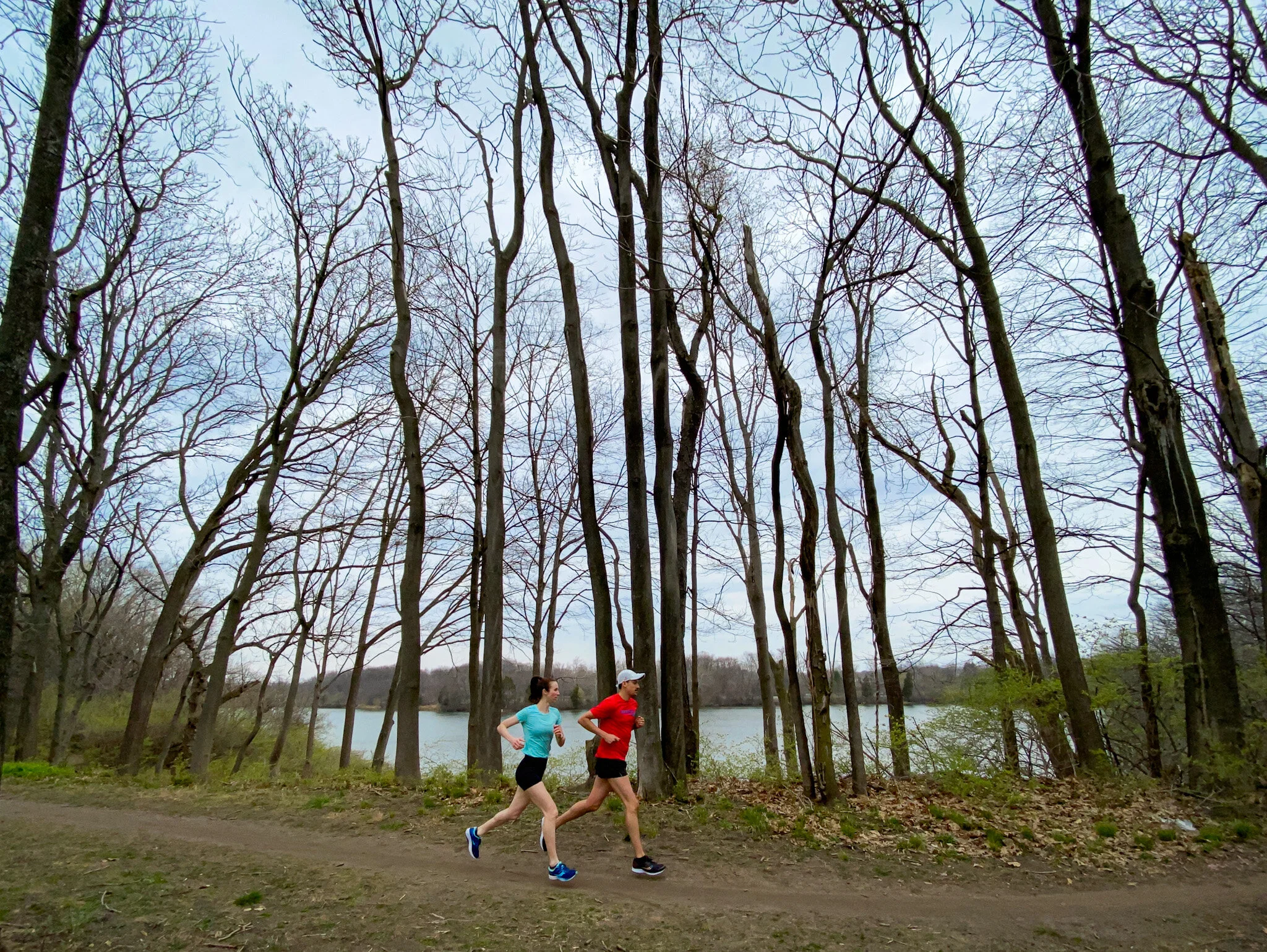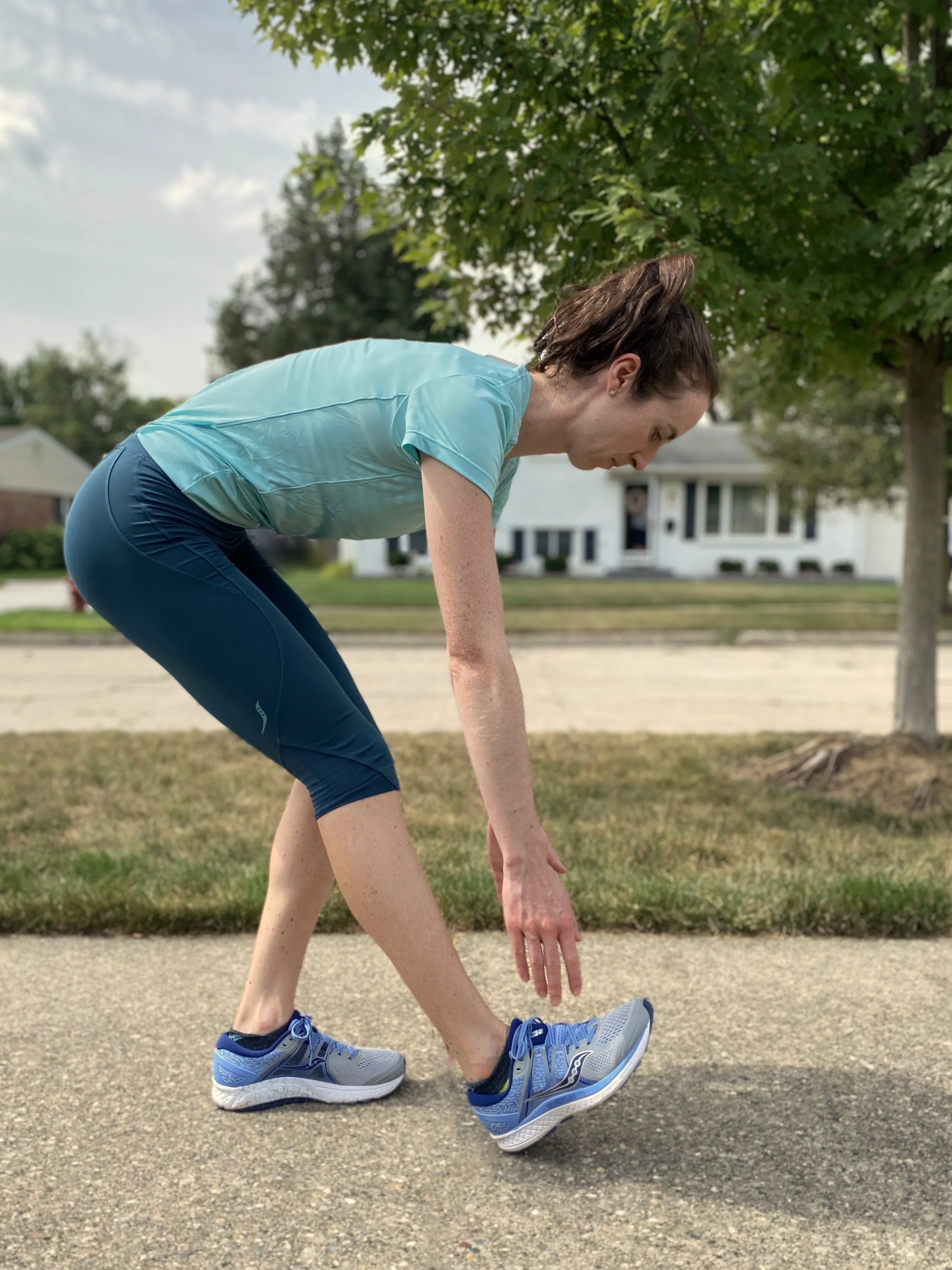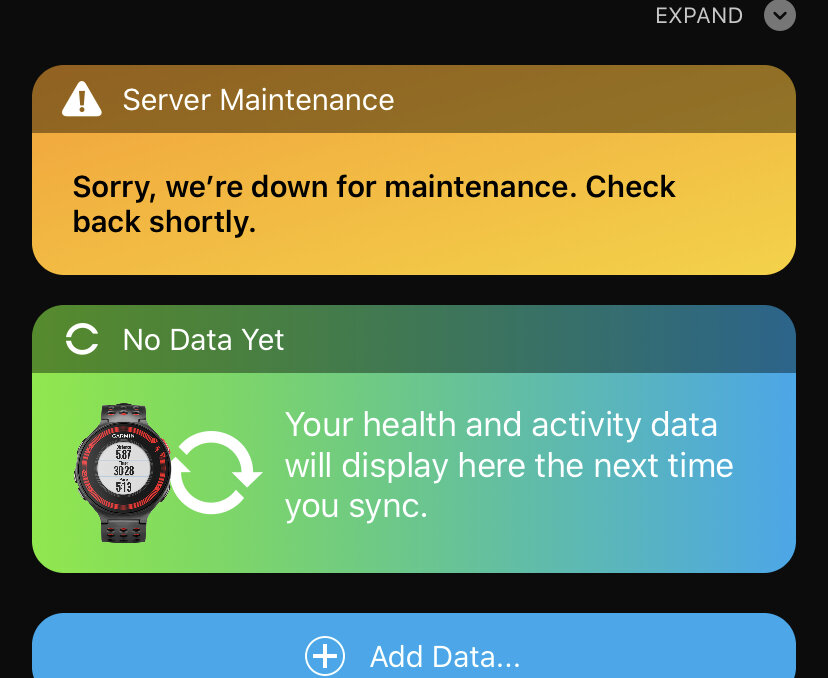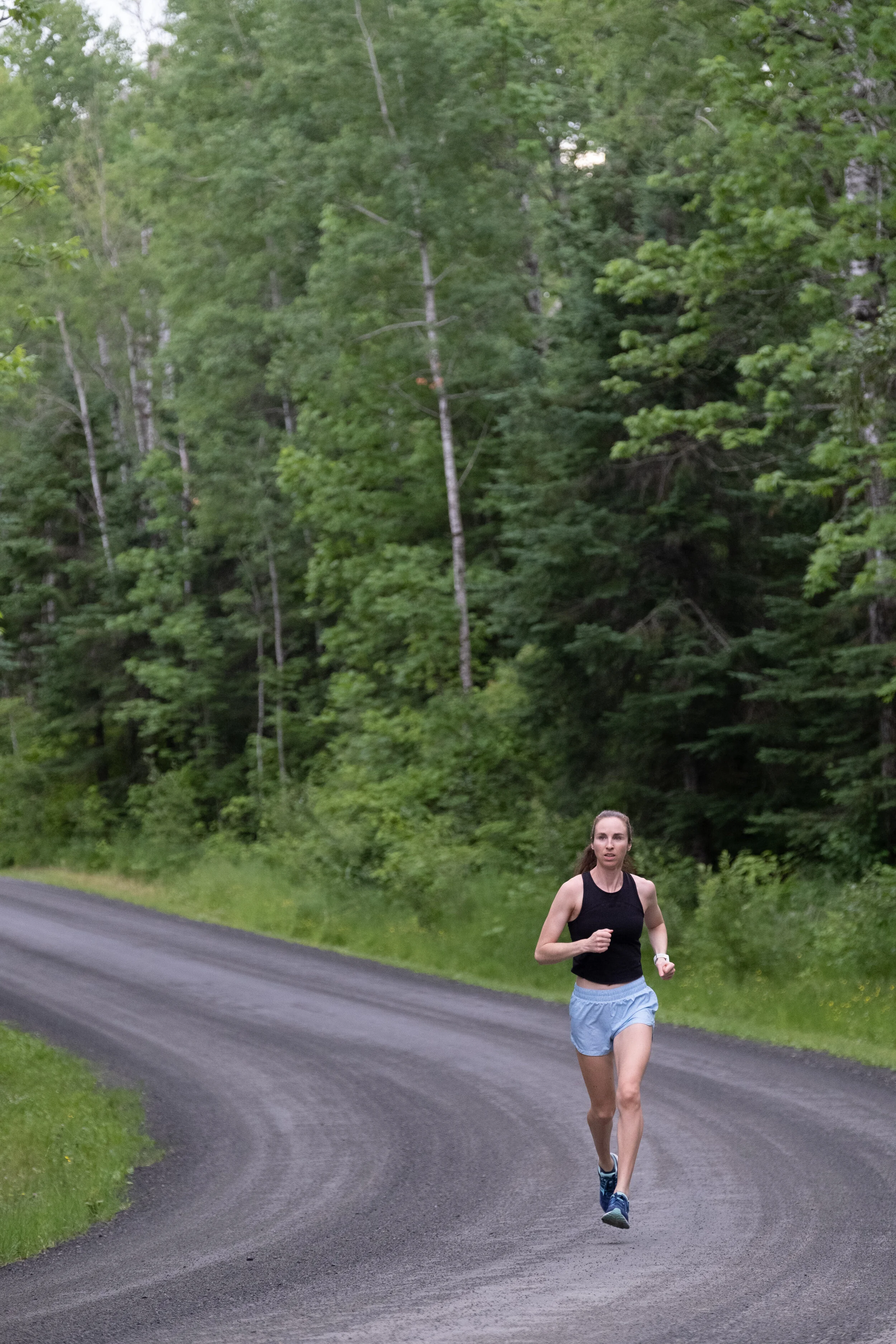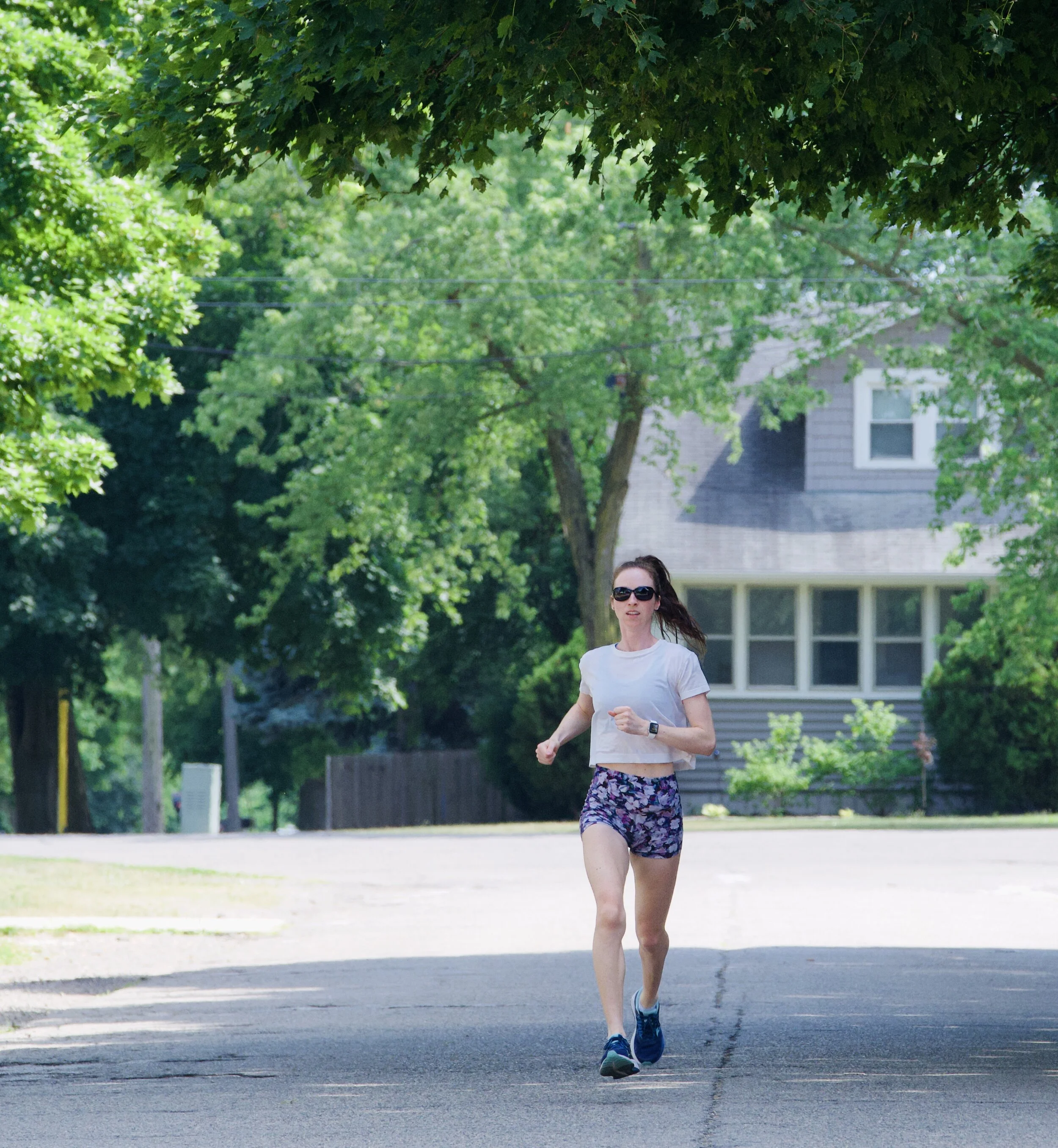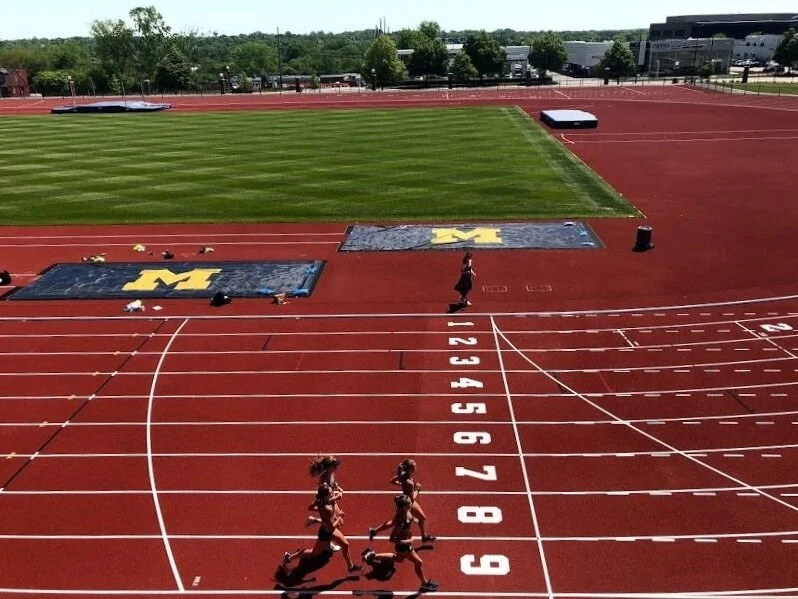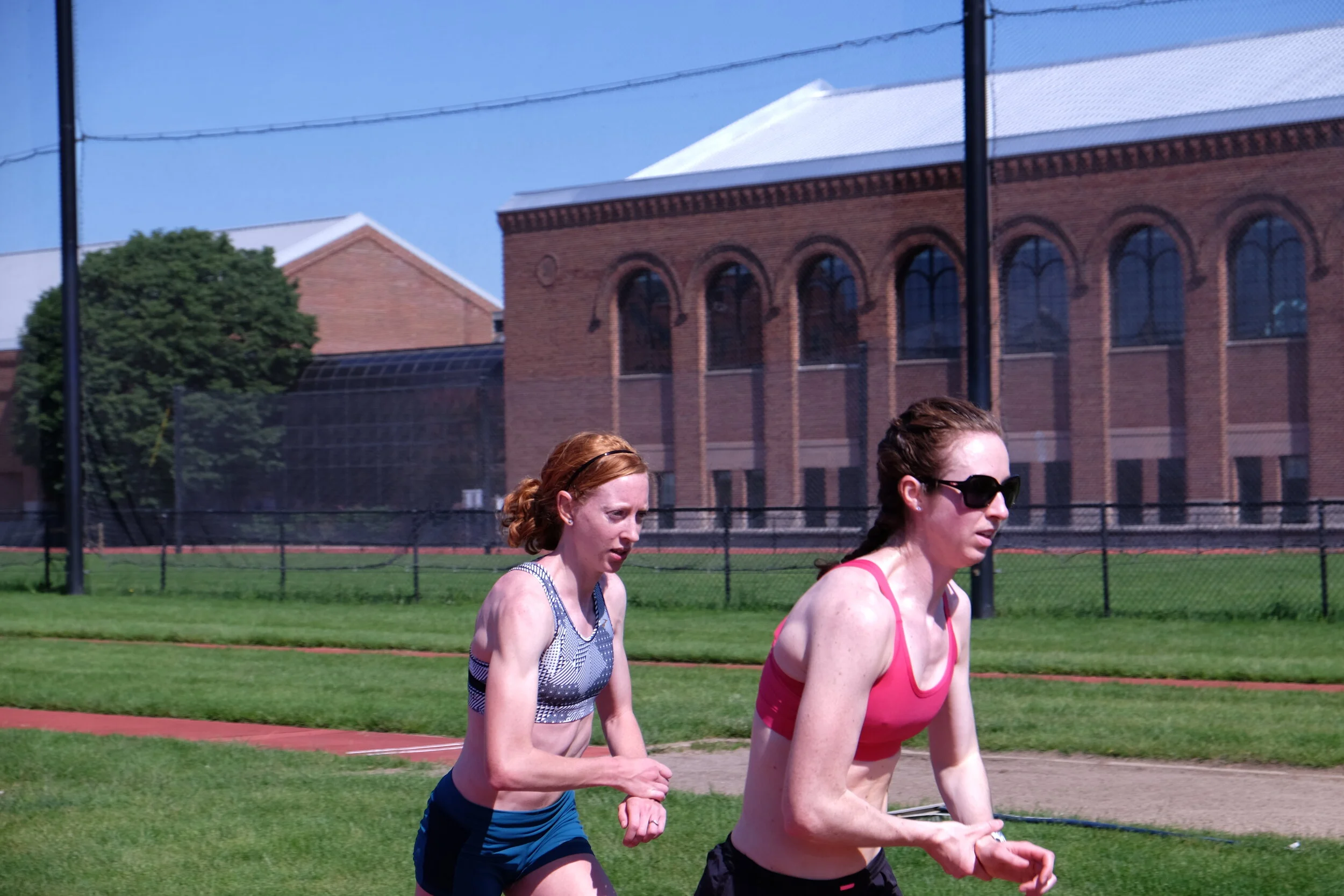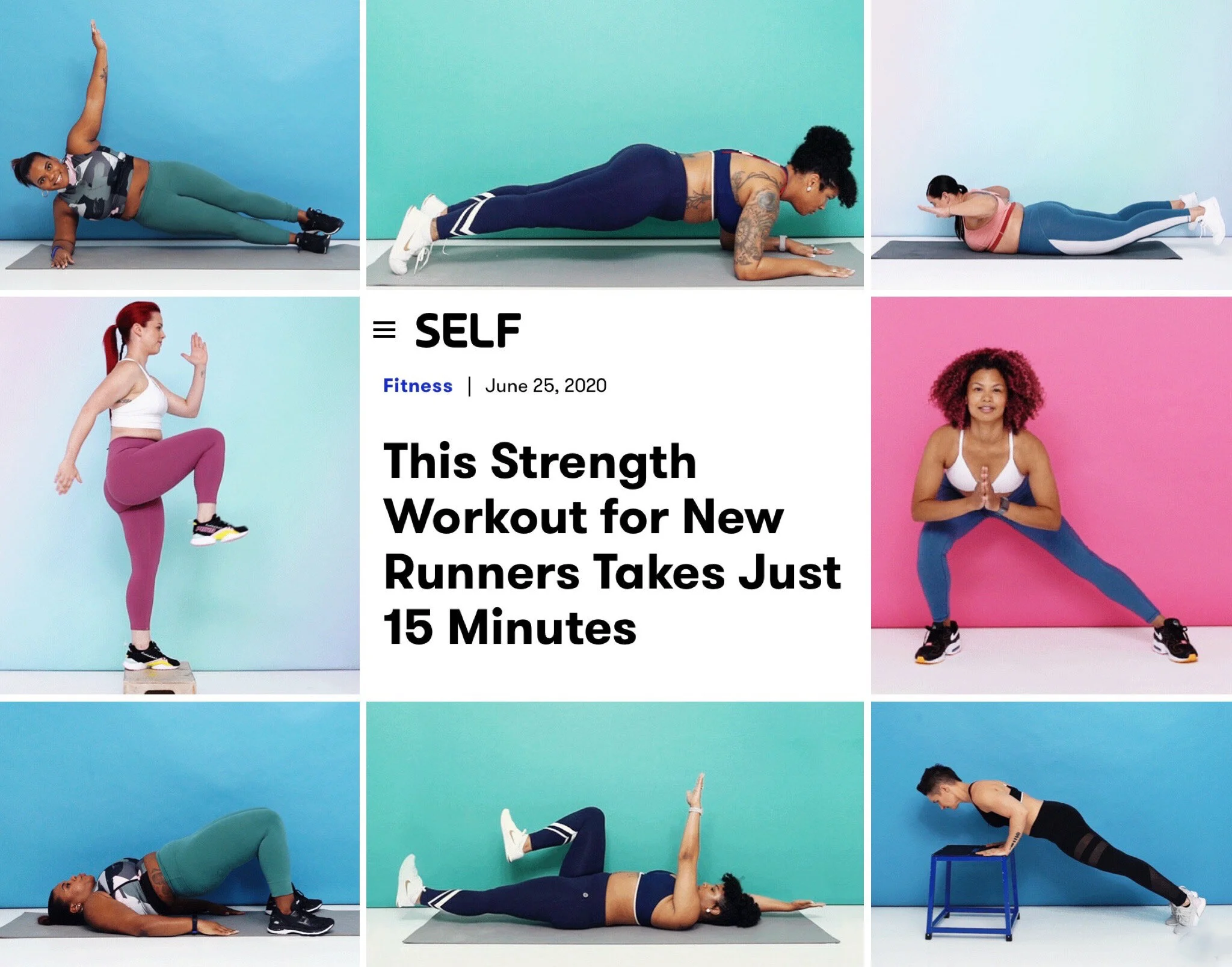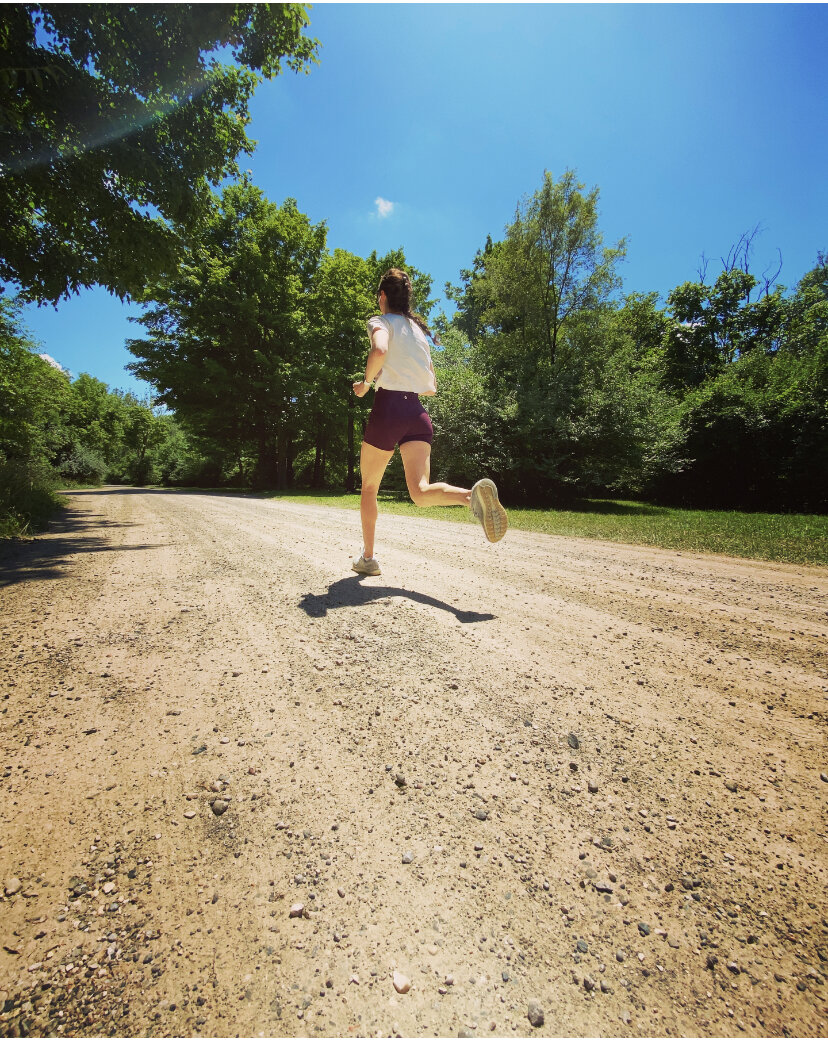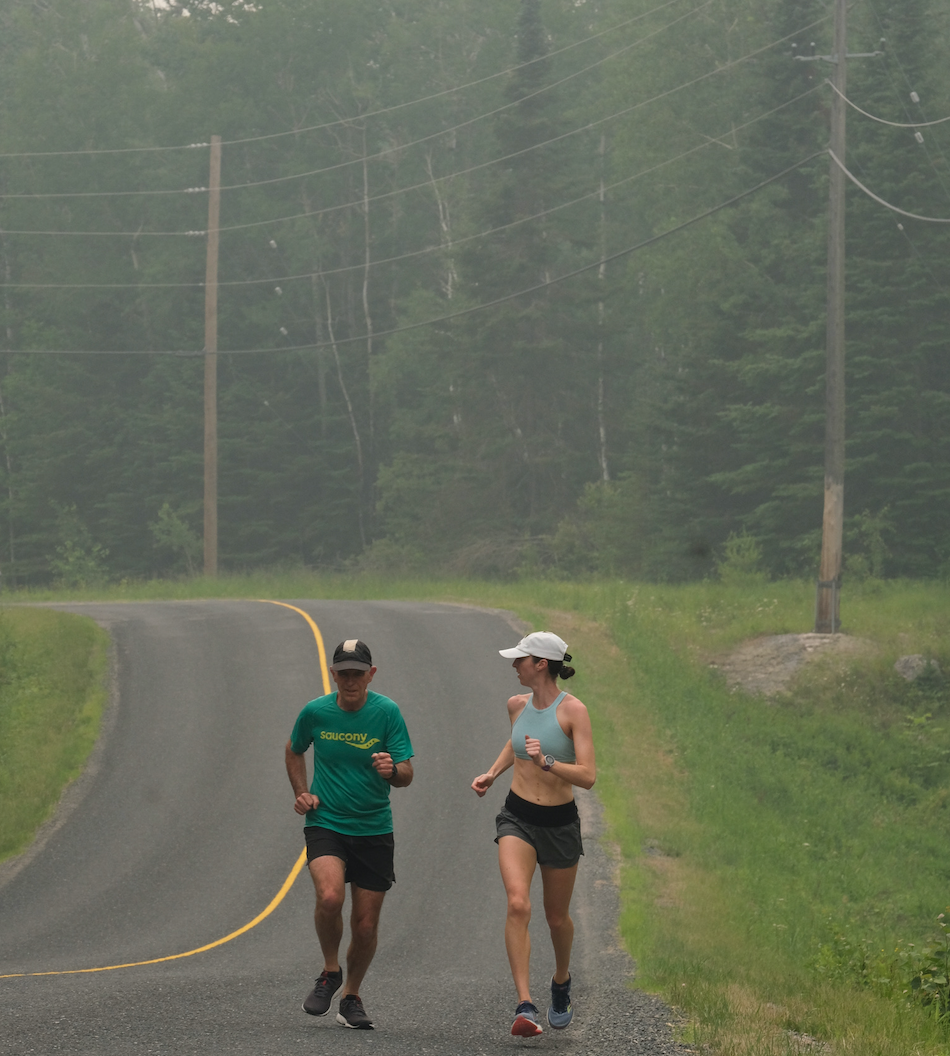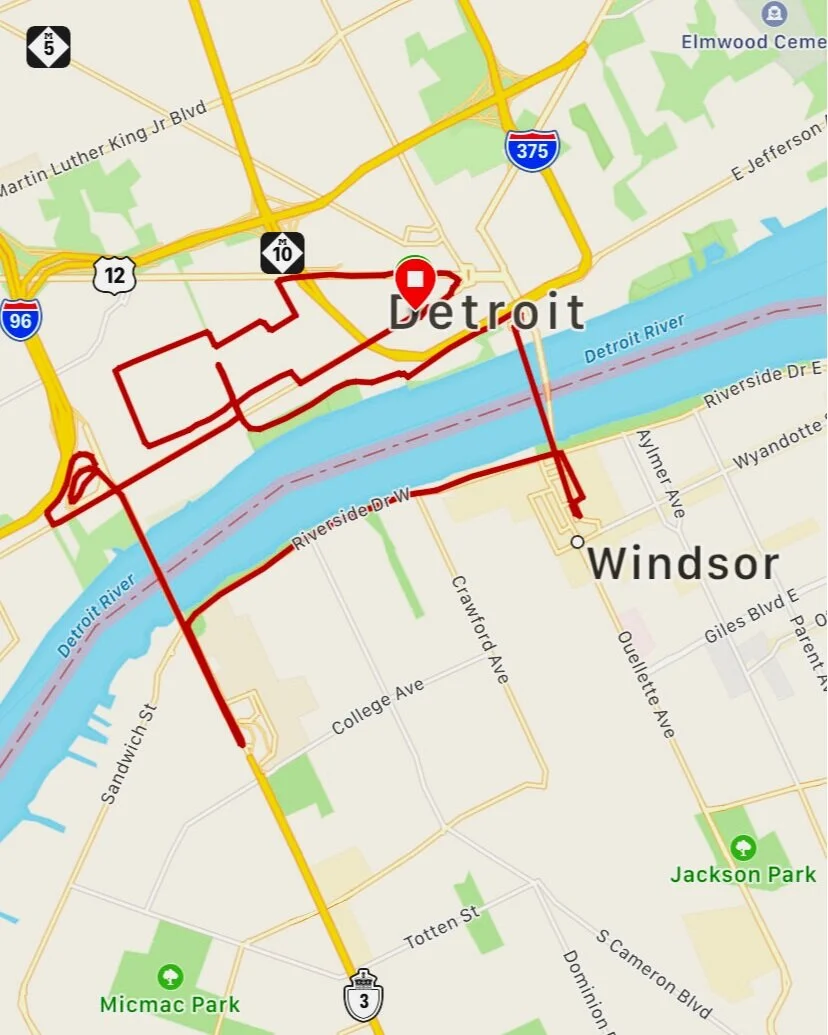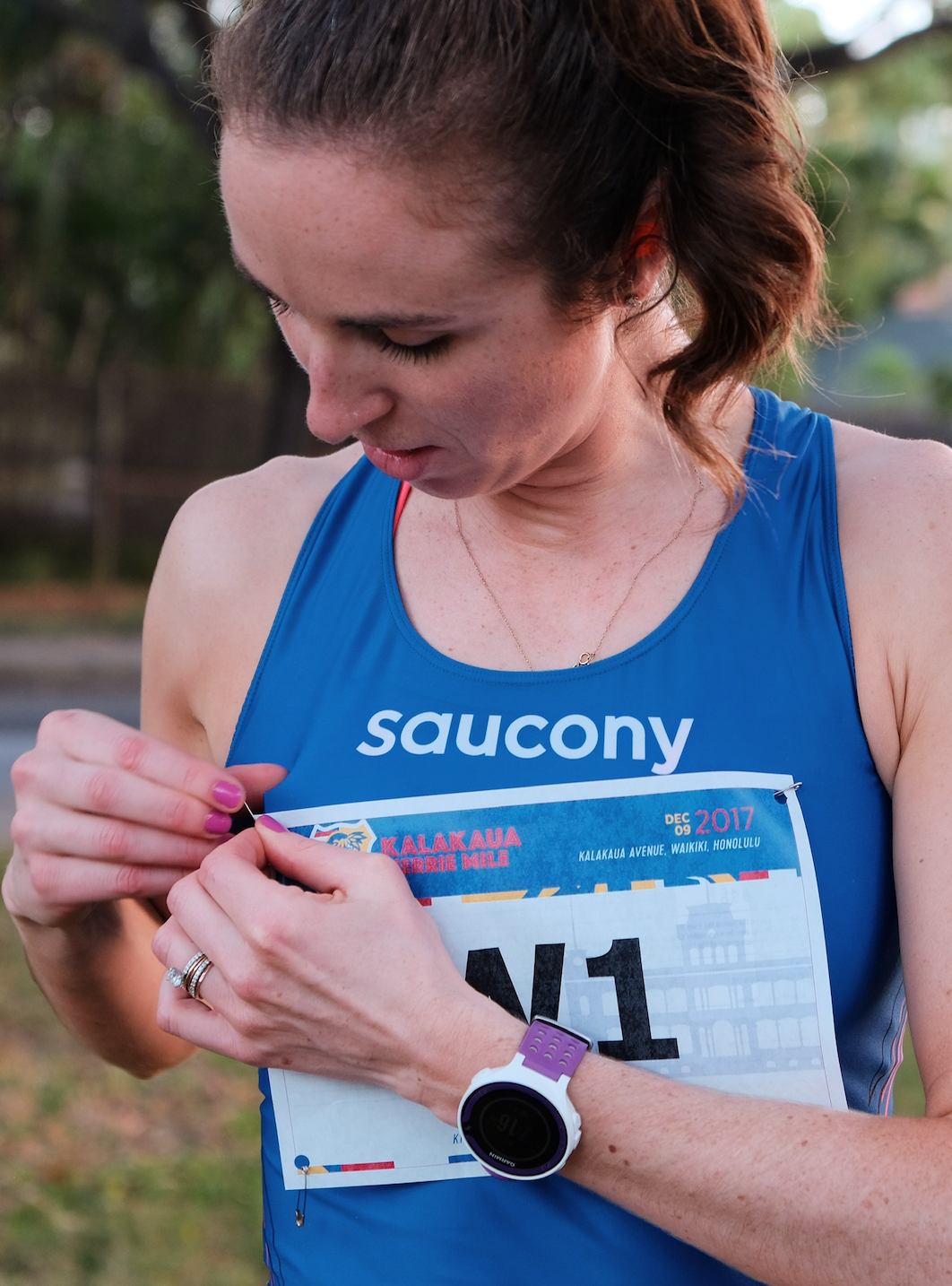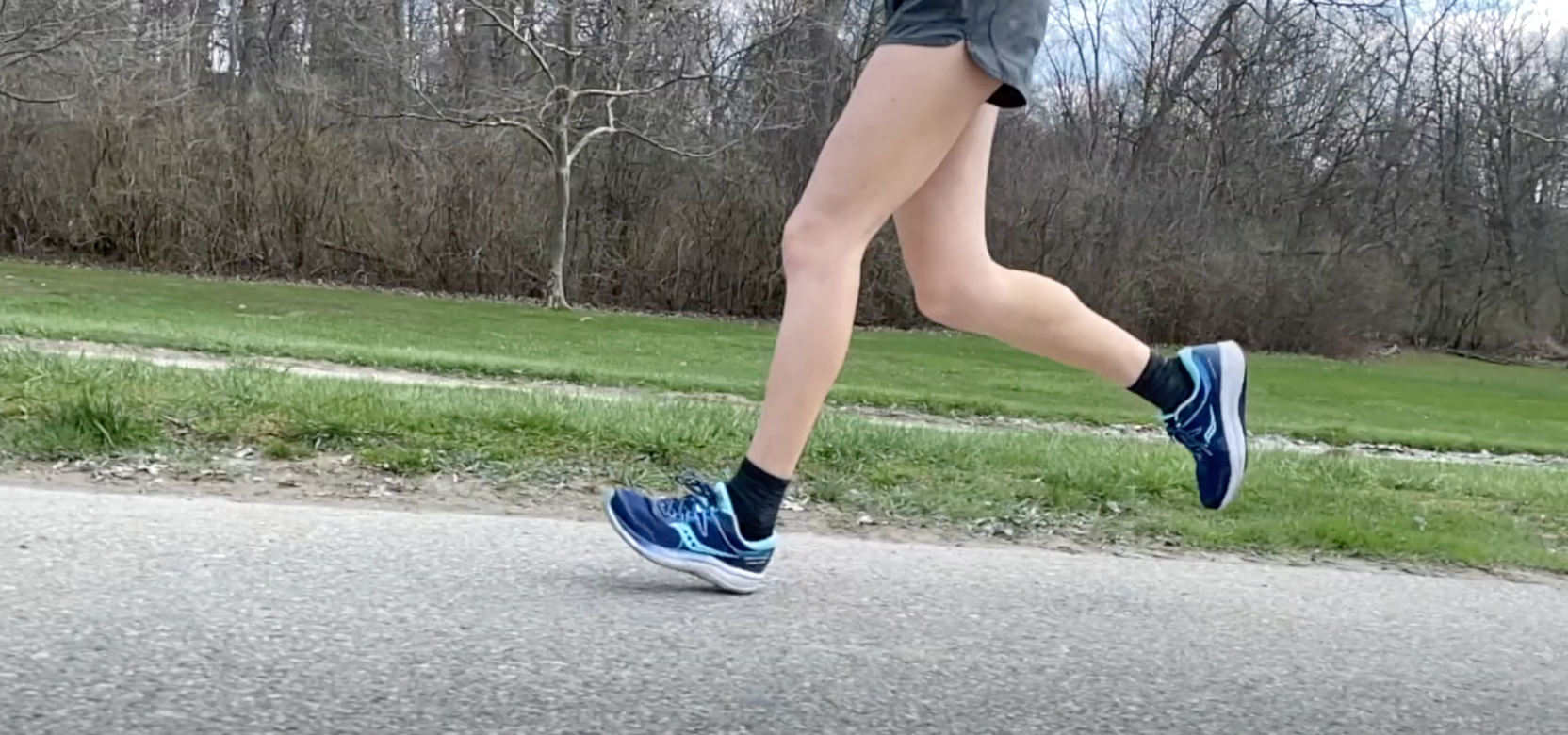“Easy” in general means slow. Even very fast runners know how to run easy and slow, in fact running easy is a huge part of their training. Regardless of ability level there should be a very distinct difference between a runner’s fast/ hard and slow/ easy paces.
Easy means the effort level is LOW from start to finish. Cover the distance without getting tired!
Read More
